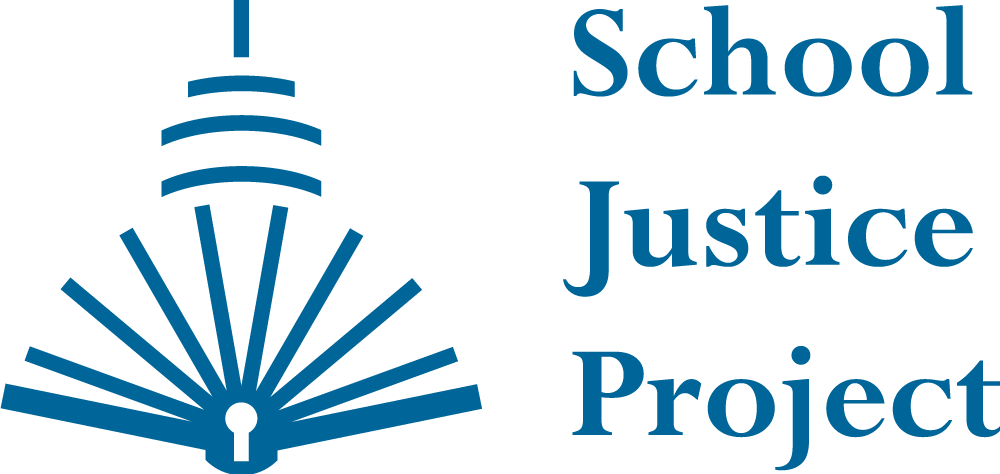Education Issues Facing Students With Special Education Needs: Incarcerated in the Central Detention Facility (D.C. Jail)
PROBLEMS
Delays in Education: There are typically lags between the arrival of IDEA-eligible students at D.C. Jail, enrollment in the District of Columbia Public Schools’ (DCPS) Inspiring Youth Program (IYP), and receipt of services.
Shortened School Days: Students only are able to attend school for a limited number of hours per day rather than a typical school day. For each school day, IYP students are called to school through their housing units. After this, the student is given a pass to walk to the classroom. However, some students still regularly ask housing unit staff for passes. Students must return to their housing units for lunch. After lunch, the school must once again call for the student through his housing unit. If students do not receive a pass, they cannot return to school. If they do get a pass, they return for about one hour only. Because of the afternoon “count” of inmates, students must return to their housing units before the end of a typical school day.
Lack of Teachers and Classrooms: Though student schedules make it appear that there are multiple teachers in different classrooms, often, there is only one teacher present, and there are only two classrooms for the entire school.
Lack of Instruction: When students arrive at the classroom, they are given work packets. Students are not provided with specialized instruction pursuant to their IEPs. Instead, they are expected to work independently and must ask for help when needed. Because of the high student-to-teacher-ratio, students frequently cannot receive assistance when needed. Additionally, all of the students could be working on different subjects, including foreign languages or other subjects in which the teacher present is not certified.
Lack of Course Alignment: Students may not have access to the same classes they were taking in their school of origin and may not have the ability to take the specific classes that they need to graduate.
Segregated Housing Units: When students are placed in segregated housing units, their movement is restricted, and they are unable to travel to the classroom. Instead, they may be provided work packets to complete independently. Sometimes students on segregated units don’t receive work packets at all. They do not receive specialized instruction or related services in accordance with their IEPs.
Lack of Transition Planning: Students do not have access to all of the resources they need for appropriate transition planning, including the internet for research purposes.
POTENTIAL SOLUTIONS
Flexible Scheduling: Rather than assign classes based upon what is available at IYP at the time, IYP should have more flexibility to provide students with the courses they were enrolled in at their schools of origin and the courses that fit within the individual student’s graduation plan.
Qualified Teachers: DCPS should hire enough certified special education teachers to accommodate the special education needs of every enrolled student.
Academic Support for Segregated Housing Units: DCPS should provide one-on-one tutors qualified to provide special education for students in segregated housing units.
Interagency Collaboration: Increased collaboration between Office of the State Superintendent of Education (OSSE), DCPS, Department of Corrections (DOC), and other stakeholders is necessary to improve systemic barriers to education faced by students at D.C. Jail.
